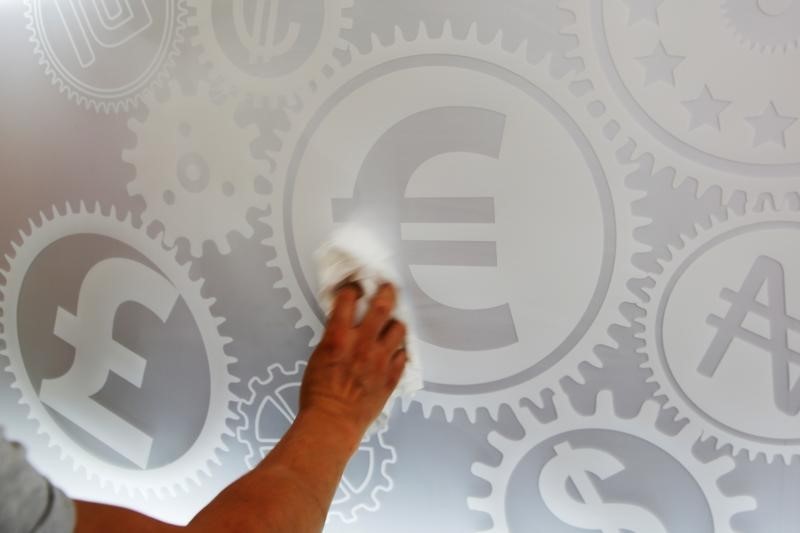(Bloomberg) -- Chile’s peso, the worst performing major currency this month, is about to get some uncharacteristic help from the central bank.
The currency has tumbled 3% in August ahead of presidential elections in November -- the biggest decline among 32 peers tracked by Bloomberg. That has brought its drop in the past four months to 9.5% -- more than double any other major Latin American currency except Peru’s sol.
In the next month however, economics may trump politics. Policy makers are expected to raise the key rate by a half-point late on Tuesday, the biggest increase in a decade. And with a retail sales boom at fever pitch, some are even contemplating a 75 basis-point increase, something that hasn’t been seen in Chile since 2001. Add in falling Covid cases, and the currency’s worst days may well be behind it.
“The central bank has fallen behind the curve and there are clear signs that the economy is overheating,” Goldman Sachs (NYSE:GS) economist Alberto Ramos wrote in a report.
The bank assigns a 65% probability to a 50 basis-point increase to 1.25%, and a 10% possibility to a larger boost, according to to the report released Friday.
Catching Up
What’s more, the central bank is likely to continue hiking rates well into next year as it grapples with the fastest inflation since 2016, further underpinning the peso.
Swaps now price the policy rate at over 3% in 12 months, implying more than 225 basis points of hikes. Economists surveyed by the central bank are more cautious, forecasting the key rate at 2%.
Expectations of a faster pace of tightening, coupled with a recovery in copper prices, could help the peso strengthen toward its 50-day moving average near 763 per dollar. The currency has traded on the weaker side of that average since mid-May.
Copper, which accounts for over half of Chilean exports, climbed 1.2% in London on Monday, bringing its gain this year to 21%.
Opening Up
Another positive development comes from falling Covid infections, with the government lifting nearly all lockdown restrictions in the capital Santiago. Investors should take note of the rally in the Thai baht last week, the biggest in 14 years, after the government announced the removal of some quasi-lockdown curbs.
Citigroup (NYSE:C) turned neutral on the Chilean peso in its EM bond portfolio on Monday versus an underweight position previously. The currency’s real effective exchange rate has looked undervalued relative to copper since late 2019, and the performance gap has widened in recent weeks, according to analysts led by Dirk Willer, head of EM Fixed Income Strategy.
The “idiosyncratic depreciations” tend to have a bigger impact on inflation and may push the central bank to go more hawkish, Citi analysts say.
Others are more cautious. RBC Capital Markets prefers to short the peso, citing the risk of polls showing growing support for the left ahead of November’s election. The central bank may also act “more prudently” at its meeting, disappointing market expectations, RBC says.
